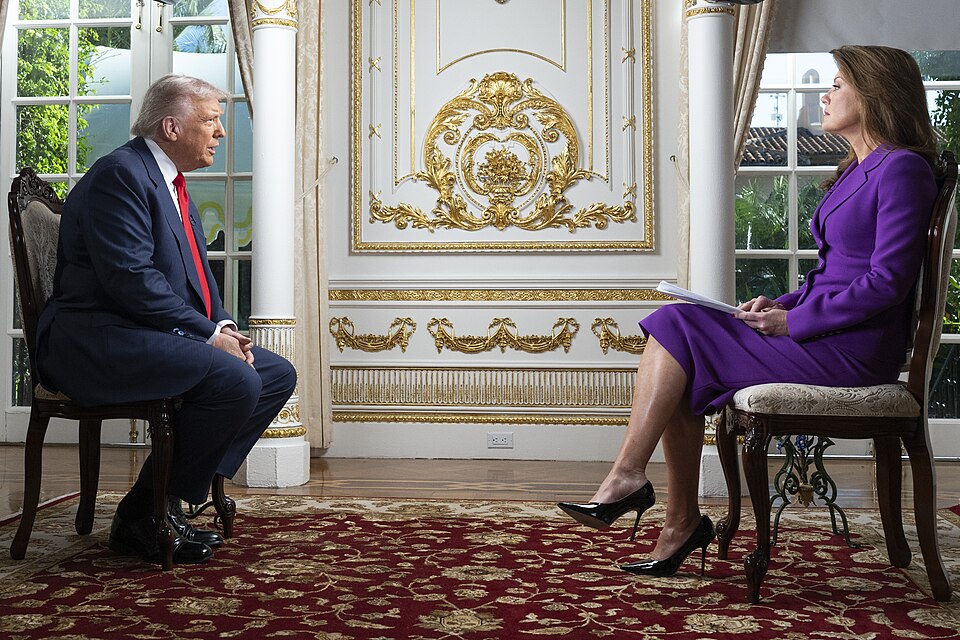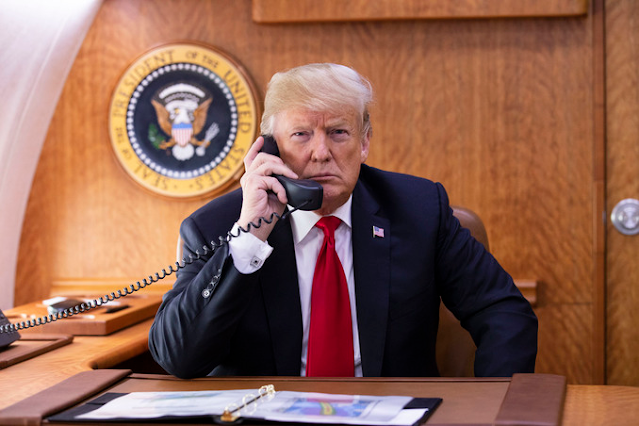Another part of Trump’s Executive Order, Section 7(a), empowered the Attorney General to take “all necessary action” to enforce Election Day ballot deadlines. In plain terms, it meant giving the DOJ the green light to crack down on states that count mail-in ballots received after Election Day—a practice that’s legal in many places.
Here’s the twist: The court found that the statutes Trump cited don’t actually authorize criminal or civil penalties. That’s right—there’s no federal law that criminalizes counting late-arriving ballots, and Trump’s order tried to create one out of thin air.
Even more concerning, the Executive Order left open the possibility of the Attorney General taking sweeping enforcement actions, including lawsuits or other aggressive federal interventions, against states. The judge noted that such powers don’t exist under current law and that any action must align with legal boundaries—not presidential interpretation.
Importantly, the court struck down enforcement of this provision against thirteen states that allow ballots postmarked by Election Day to be counted. Why? Because Trump’s directive would’ve overridden state laws and voters’ rights with an untested federal theory. It was seen as a threat to the balance between state and federal election authority.
This ruling signals that even a president can’t just weaponize the Justice Department to enforce personal views of election law. It sends a clear message: election integrity must follow legal integrity—not executive ambition.





